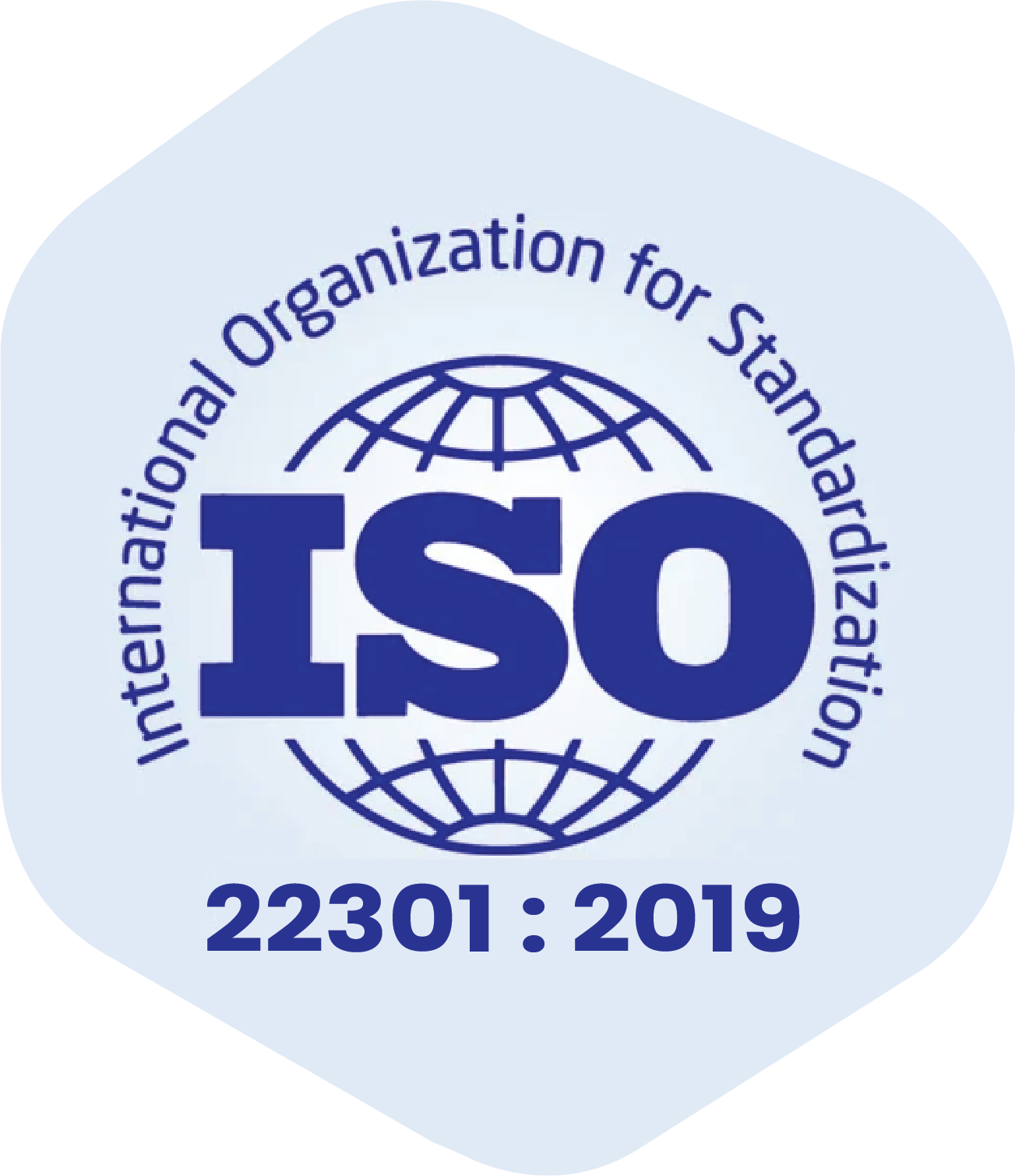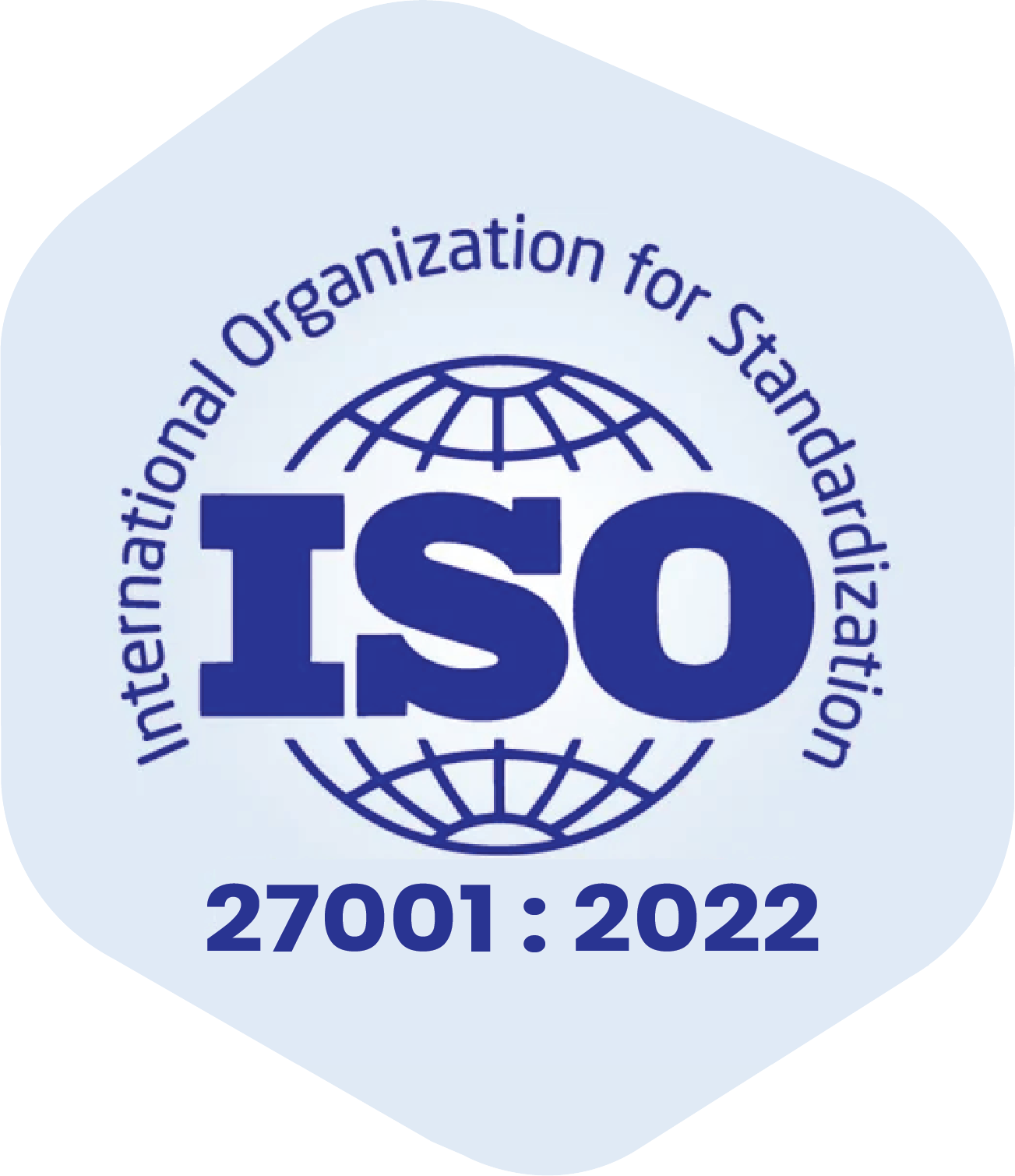Why MDR matters for healthcare organizations.
The healthcare industry faces constant challenges in managing overheads, maintaining staffing levels, and striving for increased efficiency without impacting patient care. But like all industries today, healthcare is also reliant on technology, and with that comes additional vulnerabilities that need to be considered for safe operations.
Managed Detection and Response services are an essential option to ensure healthcare organizations are well protected without impacting that focus on efficiency and quality of service.
What is Managed Detection and Response?
With healthcare systems increasingly connected, and the understanding that previous threats such as the Log4j vulnerability still present risk, security is a constant concern for any healthcare operation. Managed detection and response, or MDR, offers a complete, end-to-end turnkey solution that covers monitoring and detection, threat response, and investigation across the entire technology systems in use.
Why does Healthcare MDR matter?
Having that comprehensive service covering vulnerabilities can solve many issues healthcare organizations struggle with. Employee burnout is a continuing industry problem, not just with clinical staff, surveys show that as many as 42% of IT workers are struggling and are thinking of changing jobs.
With a global shortage of replacements, up to 3.5 million according to industry experts, maintaining in-house security can be a significant challenge. MDR delivers the protection required from highly trained and experienced teams, without impacting business employees at all.
Not only does this free your management team from ongoing security requirements but allows them to focus efforts on other aspects of security that can have a positive effect too. Training for end users and developing appropriate policies to manage risk and avoid process errors that introduce vulnerabilities.
What can MDR do for your healthcare organization?
In 2023, over 115million PHI records were leaked, with over 700 reported breaches in the year. This signifies the elevated level of risk involved but also represents huge time and cost penalties for the healthcare businesses involved. With an ever-greater use of connected devices, risks continue to increase, requiring a robust solution that delivers improved resilience without requiring additional and costly resources within the organizations. MDR services deliver on all key needs today and thanks to scalability, maintain protection as potential vulnerabilities grow.
Given the cost of hiring in-house security teams, not to mention 24X7X365 SOC and management oversight, MDR delivers tangible cost savings. From the technology infrastructure needed for the SOC to integrating with threat intelligence and providing full internal threat detection, a managed response unit can have a significant impact on annual budgets even before considering ongoing costs. In addition, in-house provision also adds further liability to any healthcare organization, requiring it to always maintain a higher level of protection. Setting up such internal solutions takes time too, time where potential threats can become real breaches.
MDR delivers quickly, eliminating large investments for a structured, predictable ongoing cost, while also avoiding more management resources being allocated to none-healthcare, none-revenue generating operations.
Round-the-clock Solution to Suit Healthcare needs
MDR is delivered as a turnkey solution, with monitoring and threat response available 24 hours, 365 days a year to match the needs of busy healthcare providers. Importantly, MDR includes elements of threat intelligence, and threat hunting, which is a proactive approach to threat detection that delivers superior outcomes for high-risk situations such as healthcare.
Combined, this 24/7 solution and active threat detection avoid issues with staffing the SOC for 24x7X365 operation and burnout in your security team. Healthcare organizations often produce high alert volumes, which can become tiring for the limited resources of internal teams. The danger here is that it can be tempting to only look at high alerts in these situations, leaving mid and low-level alerts unattended, which could, and often do, turnout to be the real threats.
MDR systems leverage AI and machine learning to identify ongoing threats and provide a more complete coverage that is not practical in other ways. These systems also identify threats that traditional security options may miss completely, such as compromised accounts, vulnerabilities with remote access, or misconfigured cloud systems.
With the unique threats and resource issues that healthcare organizations face, maintaining security is an ongoing challenge. At the same time, security is ever more crucial to business operations, making MDR services a very useful tool for protecting organizations from threats without requiring extensive and expensive management oversight.










